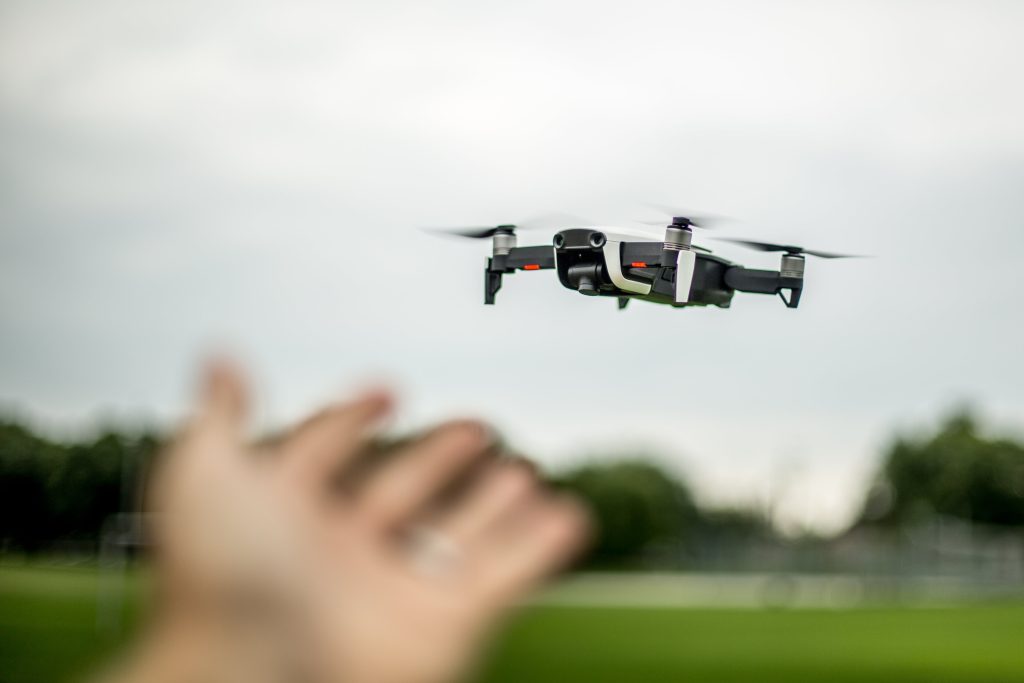
The etymology of the word intelligence can be traced back to the Latin adverb intus = within and the Latin verb legere = to read, to understand, to gather ideas and information about someone or something. Thus, intelligence is the faculty to understand reality not superficially but, going beyond it, in depth, to grasp its hidden and not immediately obvious aspects. Another (less widespread) etymological interpretation of the term prefers the preposition inter = between to intus. Hence, intelligence would be the ability to read (…between the lines), to discover relationships and inter-connections between various aspects of reality in order to arrive at a broader and more complete understanding of it.[1]
Intelligence has always been a difficult concept to define; it cannot be reduced to neuronal activity in our brains, or to an innate ability in humans from birth, or even to an adaptation conditioned by external agents.
But in any case it is a term that arose to distinguish a human capacity.
Immanuel Kant, an 18th-century philosopher, thought that man used four functions to know the world (of the human soul and physics): sensibility, intellect, reason (pure and practical), and judgment (intuition also plays a role in all of this but for the purposes of this discourse it will not be touched upon). In the Critique of Pure Reason, the intellect is explained as man’s natural function to pick up what are the information received from outside through sensibility, which has, in turn, processed these “inputs” to form a concept.
The latter allows me at a later time to recognize the thing it refers to and to make the same concept apply not only to me but also to all other individuals. For example: a table, a dog, a cat, and so on.
From the title of the work, however, it will be clear that even more fundamental than the intellect is reason. The latter, in fact, is not as limited as the intellect, which always needs a foundation on which to rest-that is, the information captured by sentience. The intellect cannot a priori[2] create a concept aimed at knowledge of the world. Whereas reason makes it possible to go beyond the boundaries of existence and include questions about topics that are not scientifically verifiable such as: what is the soul, whether it exists, whether God exists, and so on. But in what way?
Briefly, it uses the concepts of the intellect as the basis for being able to pursue the quest into the unknown.
Therefore, although throughout the centuries “man” has tried to keep these two concepts (intellect and reason) separate, in everyday life there is a tendency sometimes to confuse them or think of them as the same thing, but this is not the case.
Especially in recent centuries, the term intelligence has also been used for other entities such as animal kind, plant kind, and even artificial machines.
This openness to the different and the world has enabled us to see them all as equally important for the purposes of coexistence and to interpret them as models for understanding and self-understanding.
The variety of ways in which intelligence manifests itself makes the task of defining it within certain limits almost impossible, and this allows us to always look ahead and exclude nothing.
Gardner, for example, theorized the multiple intelligences model, in which intelligence is not just IQ but encompasses a wide range of different intellectual faculties.
This has stimulated a revisiting of the concept of intelligence that has been broadened and extended to include individuals who have been considered too long to be different and less deserving of care, assistance, and proper consideration.
[1] From etimoitaliano – the original meaning of words in the Italian language.
[2] That is, without relying on experience.
